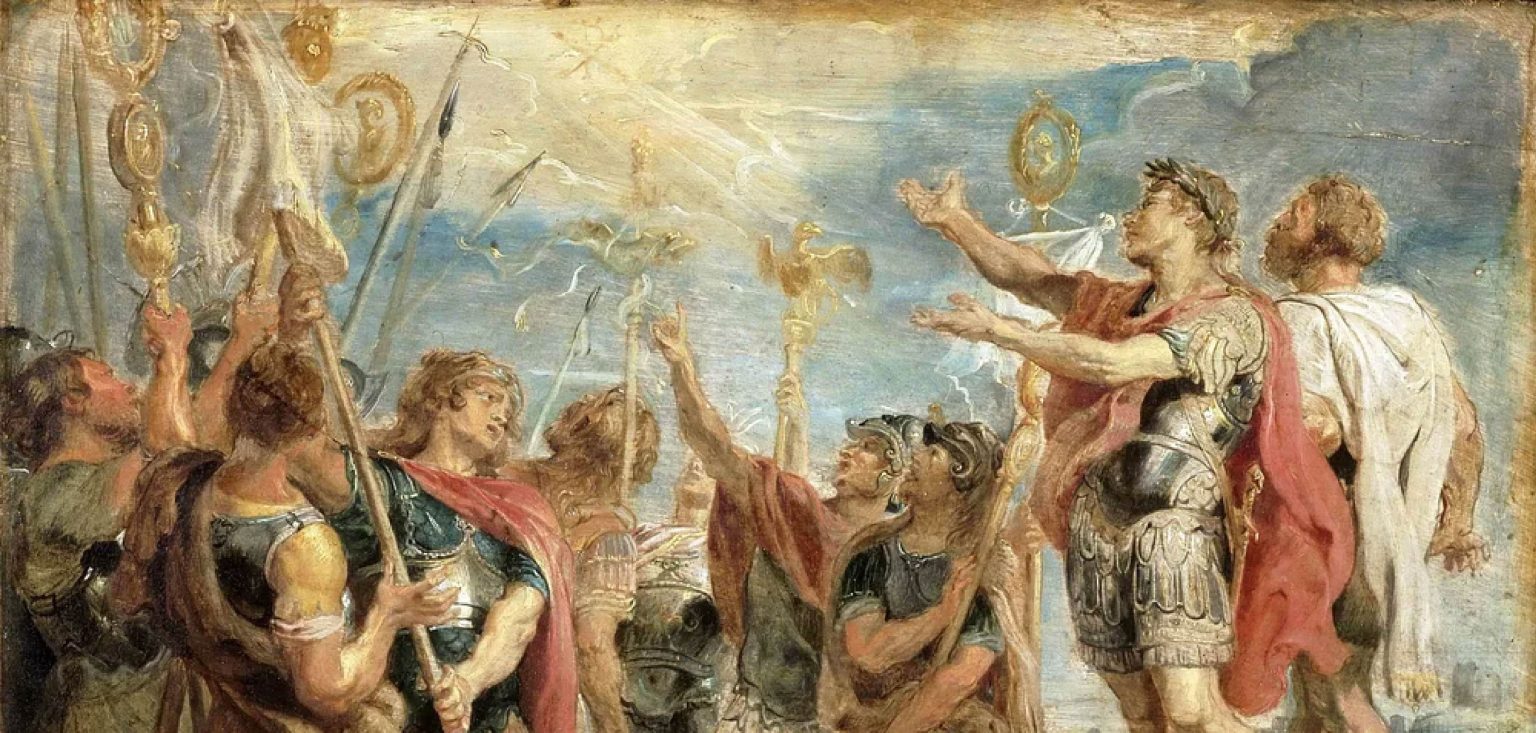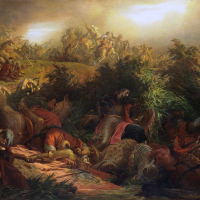The spread of Christianity in the Roman Empire, a change that still resonates today. But why did the spread of Christianity in the Roman Empire happened and what does it have to do with our current modern world? Let’s dive into this article.
How did Romans practice their pagan beliefs?
Ancient Romans practiced a polytheistic religious belief system known as Roman Paganism, meaning they worshipped multiple gods and goddesses.
These gods and goddesses represented different aspects of daily life, from household affairs to natural forces. Daily life revolved around performing rituals, prayers, and sacrifices to serve and satisfy their gods and maintain harmony in their daily lives. Temples, such as the Capitoline Temple and the Temple of Apollo served as sacred spaces for these activities, and religious festivals were important communal events. The Romans were spiritual too, as they believed in the presence of divine forces in everyday objects, places, and actions, so-called numina. Romans sought favor from gods like Jupiter, Mars, and Venus, each associated with specific domains. Additionally, the state religion also played an important role in reinforcing social and political unity. Over time, the Roman pantheon evolved, incorporating influences from conquered cultures.
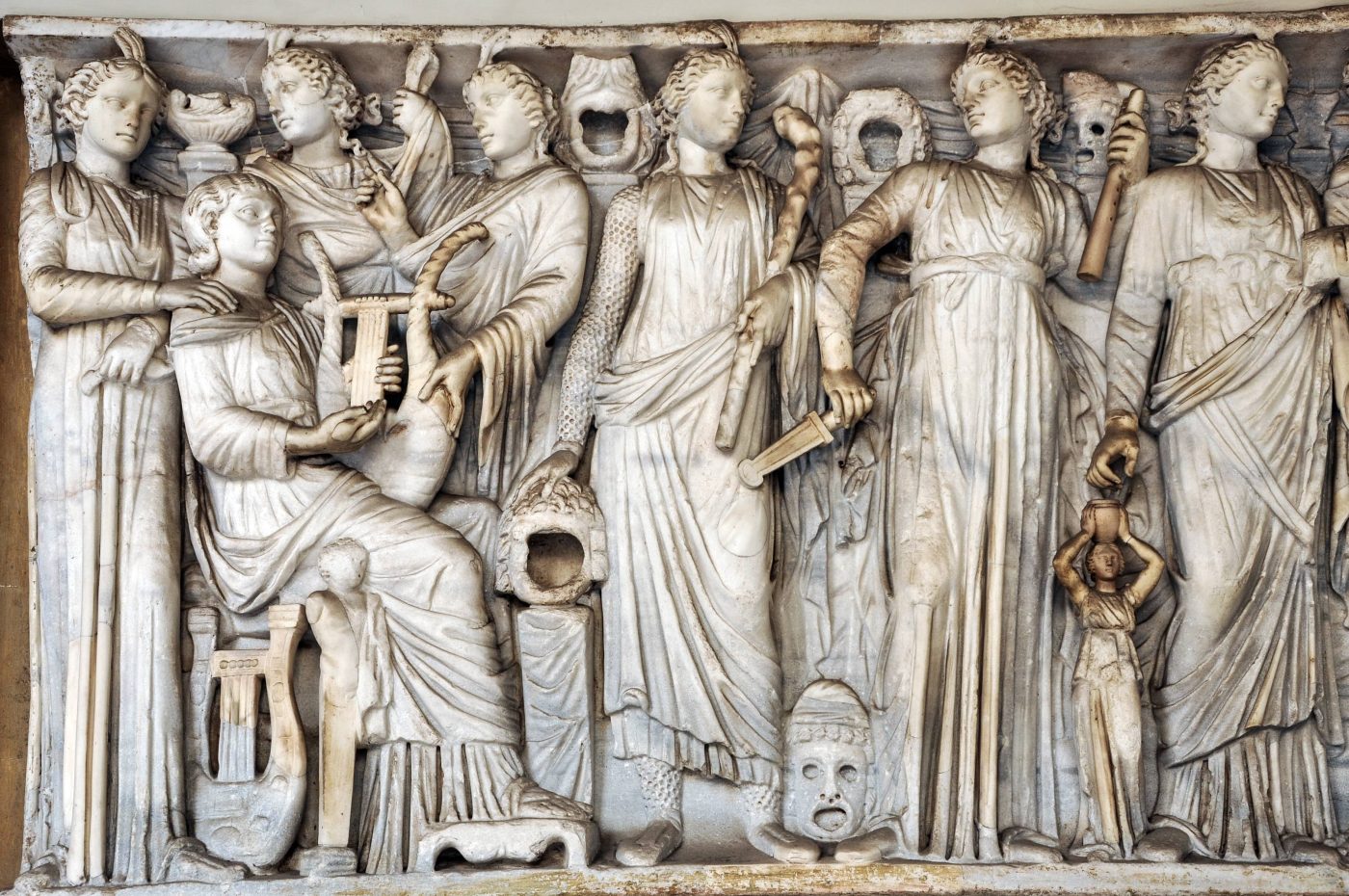
Why did early Christians spread their beliefs in the Roman Empire?
Why did early Christians spread their beliefs in the Roman Empire?
Their sincere belief in the transformative power of their message motivated early Christians to spread their beliefs in the Roman Empire. They saw their faith as a source of hope, offering salvation and a moral compass in a world often characterized by uncertainty and moral ambiguity. Moreover, the inclusive nature of Christianity, which welcomed people from various social backgrounds, allowed for a broad appeal. Despite facing oppression, early Christians believed that sharing their faith was not only a spiritual duty but also a means of bringing positive change to the lives of those around them.
What factors led to the rise of Christianity in the Roman Empire?
What factors led to the rise of Christianity in the Roman Empire?
Christianity rose in the Roman Empire due to a combination of social, political, and cultural factors. Initially, the Pax Romana, a period of relative peace, made the spread of ideas possible and allowed for the ease of communication across diverse regions. Gradually, widespread dissatisfaction with traditional Roman religions and a desire for spiritual fulfillment led people to seek alternative belief systems. Furthermore, Christianity’s welcoming nature towards people from all walks of life and its emphasis on love, and forgiveness resonated with those seeking a more compassionate and humane approach contributed to its appeal. Emperor Constantine the Great’s conversion to Christianity in the 4th century, ultimately encouraged the widespread adoption of Christianity, eventually leading to its formation as the state religion under Emperor Theodosius. Over time, these interconnected factors sculpted the rise of Christianity within the Roman Empire, shaping the course of history.
How did Christians adapt their message to appeal to a Roman audience?
How did Christians adapt their message to appeal to a Roman audience?
Christians adapted their message to appeal to a Roman audience by emphasizing aspects that resonated with the cultural and social context of the time. Promoting virtues such as kindness and forgiveness struck a chord with a Roman society divided in social hierarchies. To bridge the gap between monotheistic Christianity and polytheistic Roman beliefs, Christians drew parallels between their God and certain aspects of the Roman pantheon.
For example, they often equalized the Christian God with Jupiter, the chief god in Roman mythology, because of Jupiter’s supreme power and authority. The compassionate and nurturing attributes were compared to those of Venus, the goddess of love.
By establishing these connections, Christians aimed to make their monotheistic beliefs more relatable within the cultural framework of the polytheistic Roman society. By aligning their message with universal values and offering a sense of purpose, early Christians effectively made their faith appealing to a Roman audience.
How did Roman pagans perceive the arrival of Christianity?
How did Roman pagans perceive the arrival of Christianity?
When Christianity arrived in the Roman Empire, many pagans initially viewed it with a mix of curiosity and skepticism. The Roman Empire was a melting pot of diverse beliefs, and the introduction of a new faith stirred questions about its validity. Some pagans might have seen it as just another addition to the religious ‘’melting-pot’’. However, the exclusivity of Christian teachings, emphasizing one God and challenging the traditional polytheistic beliefs, sparked concerns among some Roman pagans. Additionally, the moral teachings of Christianity, such as humility and forgiveness, may have attracted those dissatisfied with the moral confusion of the time. Over time, as Christianity gained followers and imperial support, perceptions varied from acceptance to resistance.
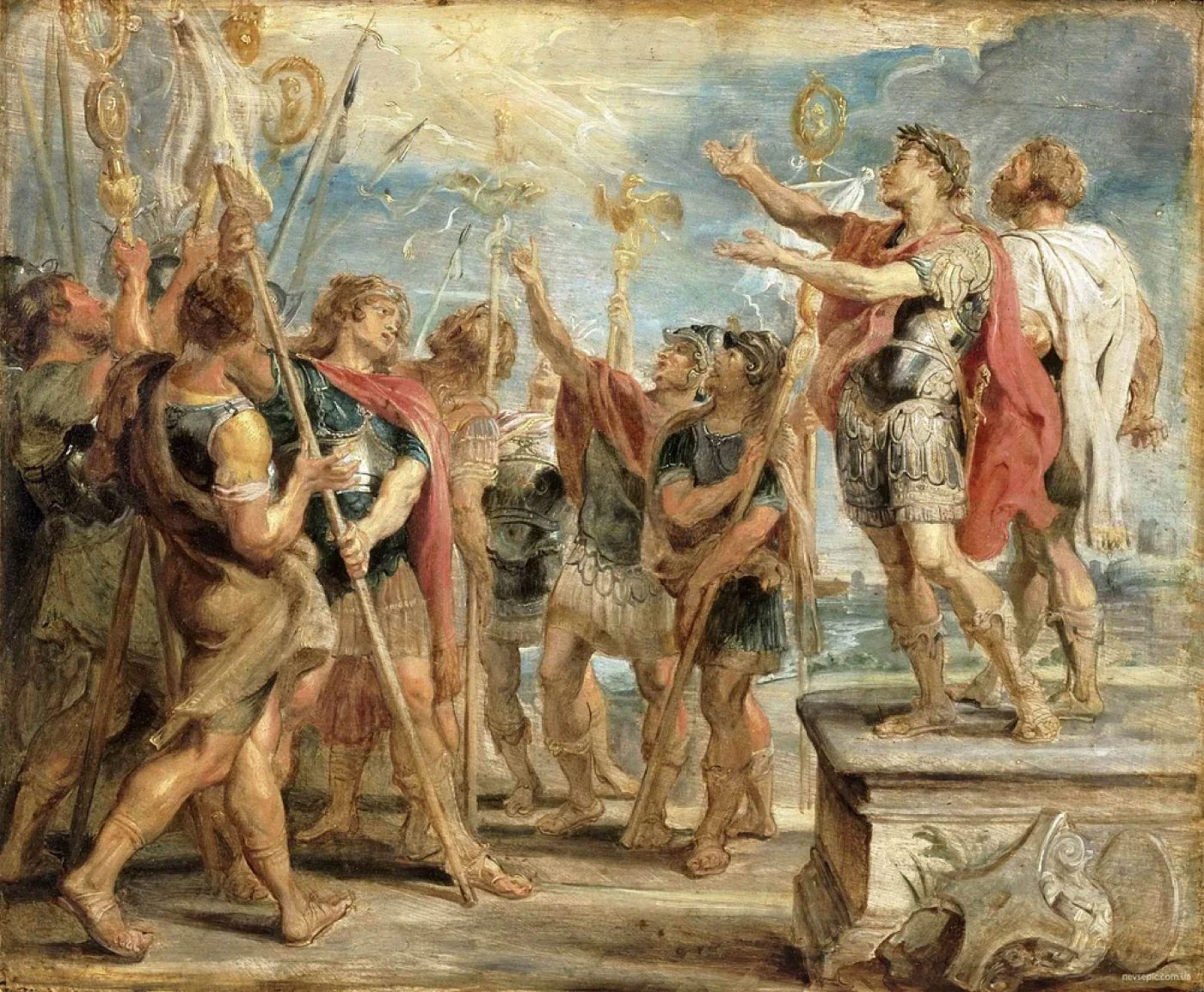
Were there conflicts between ancient Romans and Christians? If yes, why?
Conflicts between Roman paganism and Christianity did emerge, mostly due to their diverse beliefs and practices. Rooted deeply in a polytheistic tradition, Roman paganism featured a pantheon of gods embodying various aspects of life. The arrival of Christianity, with its monotheism, stirred tension. Moreover, Christians’ refusal to participate in the imperial cult, which involved acknowledging the emperor as godlike, fueled suspicions of disloyalty. As Christianity gained followers, clashes often arose over religious practices, spaces, and the evolving social order. The conflicts reached a turning point with Emperor Constantine the Great’s conversion in the 4th century, as Christianity transitioned from a mistreated minority to the favored faith, leading to a shift in power dynamics and the eventual establishment of Christianity as the state religion.
How did the Roman government react to the rise of Christianity?
How did the Roman government react to the rise of Christianity?
The Roman government initially reacted to the rise of Christianity with a mix of curiosity, indifference, and occasional suspicion. In the early years, Christianity was perceived as just one of the numerous religious movements within the diverse Roman Empire. The authorities generally tolerated various religious practices as long as they didn’t disrupt public order or challenge the loyalty to the state.
Tensions emerged due to Christians’ refusal to participate in the imperial cult, raising concerns about their loyalty. This led to sporadic oppression, primarily at the local level, rather than as a systematic state policy. Christians were occasionally viewed with suspicion, and some faced mistreatment and abuse under different emperors, particularly when the empire faced internal or external crises.
It wasn’t until the 3rd century that the Roman government adopted a more systematic and harsher approach towards Christianity. Emperor Decius issued an order requiring citizens to make religious public sacrifices, testing their loyalty to the traditional Roman gods. This marked the first empire-wide oppression of Christians.
However, Emperor Constantine the Great’s conversion to Christianity in the early 4th century, a defining moment, led to the issuing of the Edict of Milan in 313 AD, granting religious tolerance and officially recognizing Christianity. Also, under Emperor Theodosius in 380 AD, Christianity became the state religion, marking the end of widespread oppression and the beginning of the Church’s integration into the Roman power structure. Overall, the Roman government’s response to the rise of Christianity shifted over time, from sporadic suspicion and local persecution to eventual acceptance and establishment as the state religion.
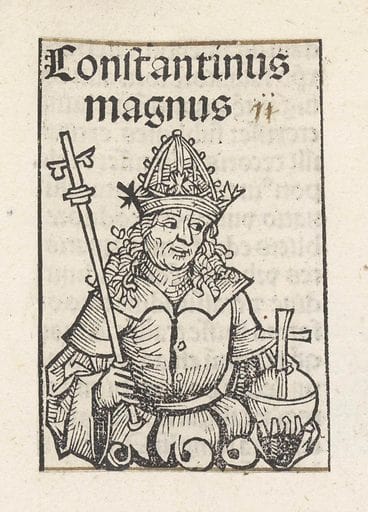
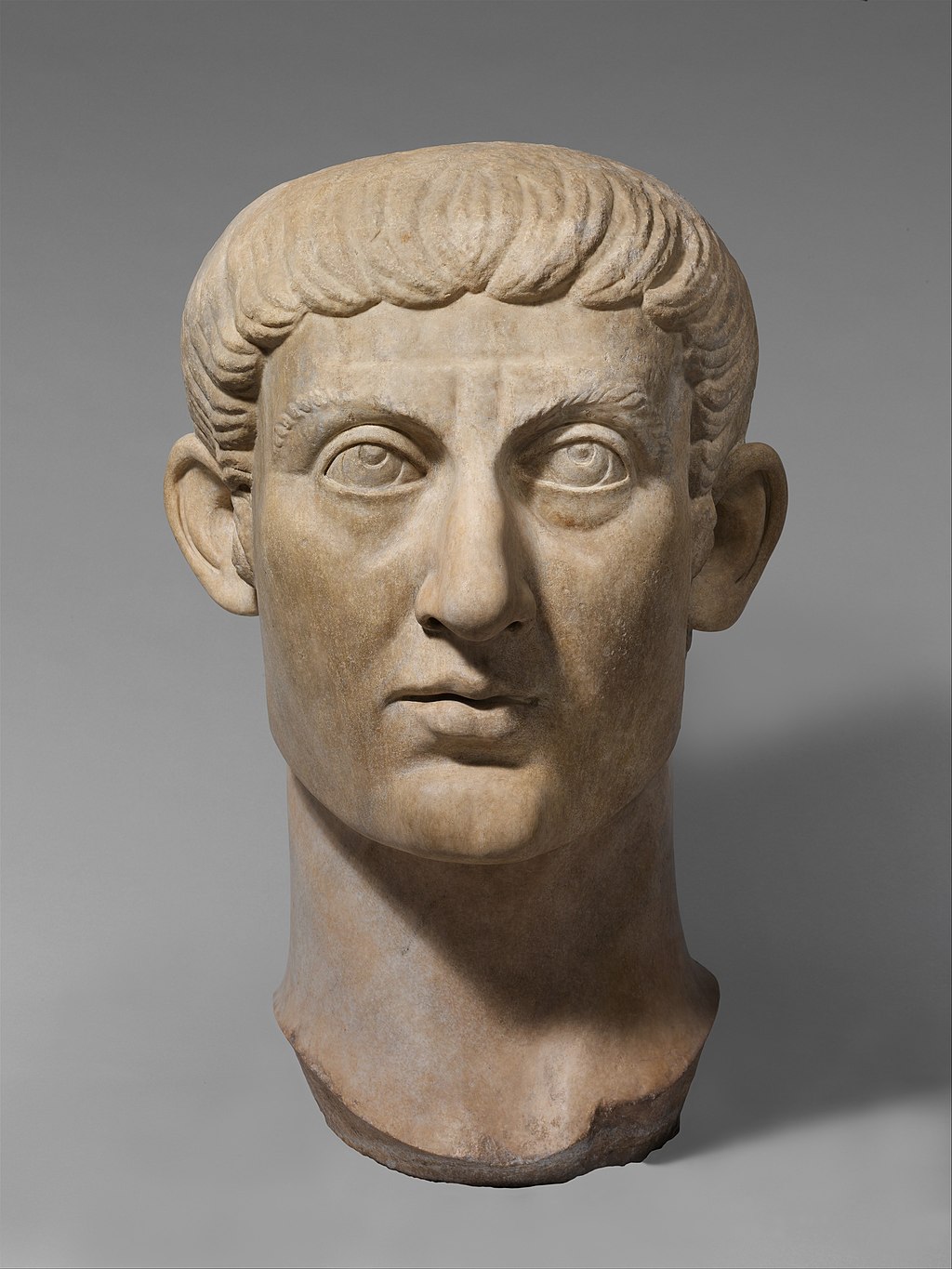
How did society punish and exclude Christian believers?
Christian believers in the early centuries of the Roman Empire faced many forms of punishment and exclusion from society due to their refusal to adhere to traditional Roman religious practices and the imperial cult. While persecution was not constant, and severity varied, there were periods of targeted mistreatment.
-
- Legal Penalties
Christians could face legal penalties, such as fines, property confiscation, or restrictions on their rights as Roman citizens.
Local authorities often took these measures, intending to pressure believers into practicing traditional religious norms.
- Legal Penalties
-
- Imprisonment
Some Christians were imprisoned for their refusal to participate in the imperial cult or for preaching beliefs that were perceived as a challenge to the Roman order. Imprisonment was used as a form of punishment, isolating individuals who did not conform to the established religious practices.
- Imprisonment
-
- Martyrdom
In extreme cases, Christians faced martyrdom, the ultimate form of punishment. This involved execution, often in public spectacles, such as being thrown to wild animals, crucified, or burned alive. The intention was not only to eliminate those who defied traditional beliefs but also to serve as a message to others.
- Martyrdom
-
- Social Exclusion
Christians were sometimes socially excluded by their communities. Their refusal to participate in public ceremonies and religious events led to suspicions of disloyalty, making them targets for social rejection. This made it difficult for the excluded ones to engage in trade or find employment.
- Social Exclusion
-
- Denial of Public Offices
Questioning their loyalty to the state resulted in the denial of access to certain public offices and positions for Christians. This denial of opportunities for political and social advancement was another way believers were excluded from mainstream society.
- Denial of Public Offices
How did the spread of Christianity influence social dynamics in the Roman Empire?
The spread of Christianity significantly influenced social dynamics in the Roman Empire, bringing about both positive and challenging changes. On the positive side, Christianity fostered a sense of community and inclusivity. The idea that all individuals, regardless of social status, were equal in the eyes of God promoted a more communal mindset. This contributed to a supportive and cohesive Christian community that rose above traditional societal divisions. However, the rise of Christianity also posed challenges. Conflicts arose as the Christian message challenged norms, including Roman religious practices. The shift from polytheism to monotheism created friction among those sticking to traditional beliefs. Moreover, as Christianity gained imperial favor, the Church emerged as a significant influence, sometimes overshadowing traditional Roman institutions. This integration of religious and political authority transformed social dynamics, impacting everything from governance to daily life.
How did the spread of Christianity influence daily lifes in the Roman Empire?
The Church, with its influence on moral values, began to impact aspects of family life, education, and social interactions. The changes due to the spread of Christianity created tension in daily life, particularly during religious festivals and rituals where Christians might abstain from participation. The Christian emphasis on monogamy and family values contributed to changes in marital relationships and the role of women in society. Even though these changes promoted stability, they also posed challenges to social norms by influencing family structures. Additionally, the changing religious landscape altered daily routines, as the Christian community had its own gatherings, rituals, and celebrations. The Christian emphasis on charity and care for the less fortunate led to the establishment of charitable institutions, providing support for the needy.
What lasting impact did the spread of Christianity have on the cultural landscape of the Roman Empire and our modern world?
What lasting impact did the spread of Christianity have on the cultural landscape of the Roman Empire and our modern world?
The spread of Christianity had an extensive and lasting impact on the cultural landscape of the Roman Empire. Several key aspects stand out:
-
- Religious Transformation
The most obvious impact was the transformation of the religious landscape. Christianity, with its monotheistic beliefs, replaced the traditional polytheistic Roman religions. As Christian churches rose in prominence, temples dedicated to Roman gods were often repurposed or abandoned. This shift marked a fundamental change in spiritual practices and beliefs. In ”western-oriented countries,” practicing a monotheistic belief is common today.
- Religious Transformation
-
- Art and Architecture
Christian art and architecture left a permanent mark on the Roman Empire. Builders constructed elaborate basilicas and churches, displaying and decorating them with Christian symbols and imagery. This transition from classical Roman motifs to Christian themes created a shift in cultural expression. Manuscript illumination flourished, producing beautifully adorned religious texts that showcased a fusion of artistry and religious devotion. These artistic changes not only conveyed Christian messages but also shaped the cultural identity of medieval and Renaissance Europe, leaving a lasting impact on the visual language of Western art.
- Art and Architecture
-
- Literature and Education
Christian writings, including the Bible and theological treatises, became foundational texts that influenced literature and education. Christianization contributed to the shaping of educational institutions and the development of new forms of literature. One notable example is the establishment of monastic schools and later medieval universities, which became centers of learning where religious education, classical studies, and philosophy were intertwined. These institutions laid the groundwork for the preservation and transmission of knowledge during the Middle Ages.
- Literature and Education
-
- Social Ethics and Morality
Christian teachings on ethics and morality had a lasting impact on societal norms. Concepts such as charity, humility, and forgiveness, rooted in Christian belief, influenced social behavior and contributed to the development of a Christian moral framework within the broader cultural ethos.
- Social Ethics and Morality
-
- Calendar and Holidays
The Christian calendar and the celebration of Christian holidays, such as Christmas and Easter, replaced or coexisted with traditional Roman festivals. Non-Chrisitan believers also celebrate typical holidays such as Christmas, Palm Sunday, Easter, and more.
- Calendar and Holidays
-
- Legal and Social Institutions
As Christianity gained imperial support, legal and social institutions adapted to accommodate Christian principles. The Church became a significant institution with influence in matters of law, governance, and social welfare. This integration of Christianity into the fabric of society shaped the legal and social norms of the time.
- Legal and Social Institutions
-
- Language and Communication
The spread of Christianity contributed to the spread of the Latin language through the Bible and ritualistic practices. Latin remained a vital component of Western Christian culture and continued to influence linguistic developments in the post-Roman period. In the modern world, the influence of Latin persists in various fields, such as medicine, law, and science, where Latin terms and phrases are still commonly used.
- Language and Communication
related YT Videos:

